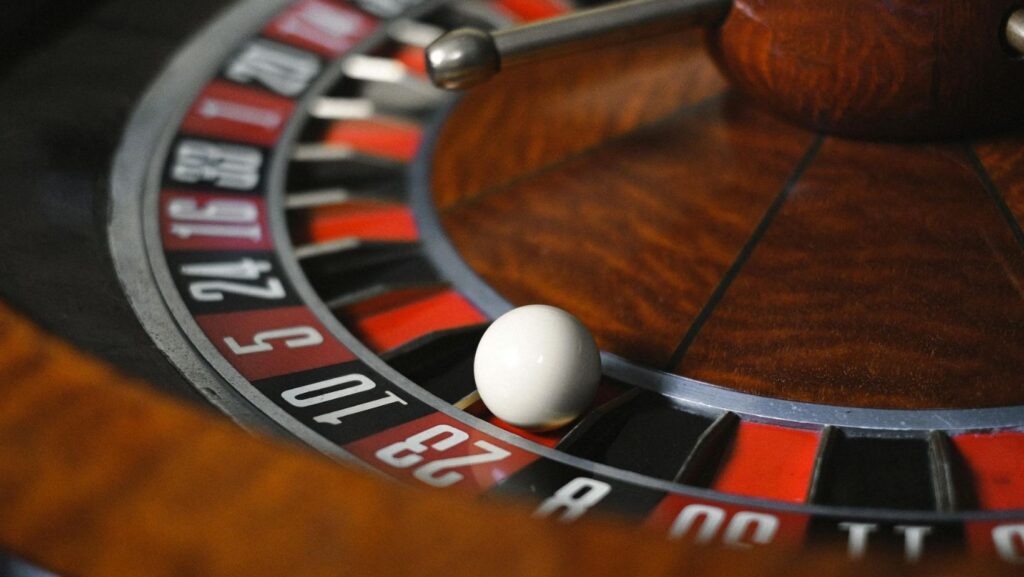

Casino games aren’t just about spinning wheels or rolling dice. Behind the scenes, math and psychology play a big role in how they work. If you’re curious about what goes into these games, understanding some basic ideas can be really helpful.
Breaking Down the Odds: How Probability Shapes Casino Games
Probability is the backbone of every casino game. It’s the science that determines how likely certain outcomes are, whether it’s the result of a roulette spin or the roll of a pair of dice. Casinos rely on these odds to maintain their edge while still giving players fair chances to win.
For example, slot machines work using a Random Number Generator (RNG), which ensures every spin is independent and unpredictable. While jackpots may catch your eye, understanding ideas like volatility—how often and how much a game pays out—can help you decide which games suit your style. To find trustworthy platforms offering clear information about these mechanics, you can always check the casinos in NZ, where you’ll find options vetted for fairness and reliability.
The Fine Line Between Luck and Strategy
Luck might seem like the deciding factor in most casino games, but strategy can play a significant role in some cases. In games like blackjack or poker, knowing when to act—or even how to read the situation—can make a big difference.

Take blackjack as an example. Players can use basic strategies based on math to decide when to hit, stand, or double down, depending on the dealer’s cards. Poker adds another layer of skill, where decisions are based on probability, risk assessment, and even studying opponents’ behavior. Although chance is always part of the equation, games like these reward thoughtful choices alongside good fortune.
Understanding RTP: What It Means for Players
One important thing to know when choosing a casino game is its RTP, or Return to Player. This figure, expressed as a percentage, shows how much of the money wagered on a game is expected to be paid back to players over time. For example, a slot machine with an RTP of 96% means players, on average, get $96 back for every $100 they put in.
It’s important to remember that RTP isn’t a guarantee for short-term play—it’s calculated over many rounds. Still, it’s a useful measure for players trying to figure out which games give them the best value for their money.
Beyond the Numbers: How Psychology Impacts Player Choices
Psychological factors can also influence decision-making. For instance, many players fall into the “gamer’s fallacy,” believing that a string of losses means a win is “due.”

Understanding these tendencies can help players approach games with clearer thinking and a more level-headed attitude.
A Smarter Way to Play
Casino games combine chance, skill, and psychology to create experiences that appeal to a wide audience. By understanding the odds, thinking strategically, and recognizing the psychological factors at play, you can make more informed choices about how you engage with them.
For those exploring online platforms, taking the time to find trusted, well-reviewed options ensures that the fun stays fair and transparent. The more you understand the science behind the games, the better equipped you are to enjoy them.











